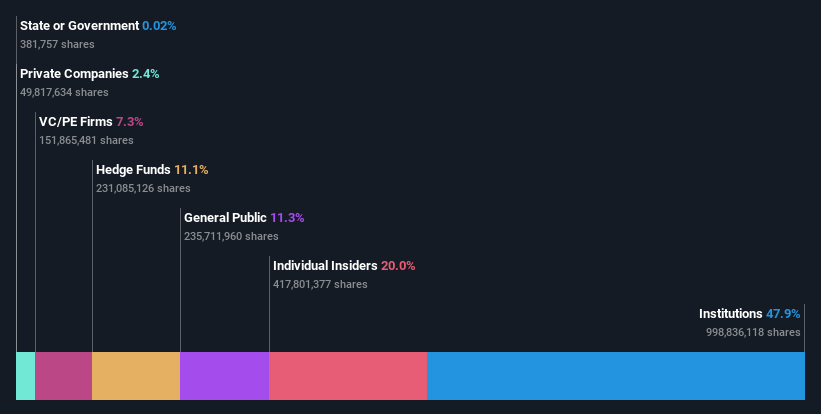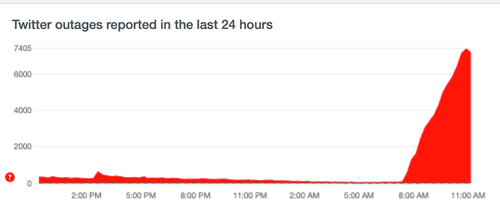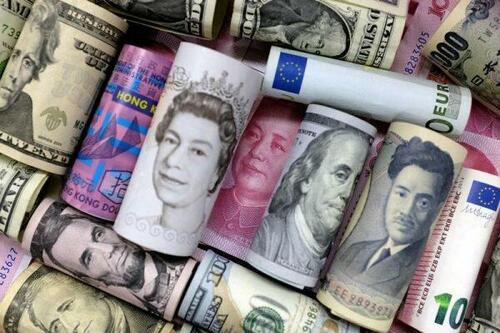by Jonathan Turley
“The hypocrisy is stunning.”
Those words from President Joe Biden after his student loan forgiveness program was found unconstitutional were . . . well . . . stunning. Indeed, they may stand as the greatest example of transference in history.
Ever since President Biden first announced that he would unilaterally forgive roughly half a trillion dollars in student debt, many of us have noted that he lacked that authority under the Constitution. We were not alone: we had Joe Biden himself.
During the 2020 presidential election, Biden admitted that he needed congressional approval for such a massive loan forgiveness. Likewise, as cited in the opinion by Chief Justice John Roberts, former Speaker Nancy Pelosi (D-Calif.) stated the obvious:
“People think that the president of the United States has the power for debt forgiveness. He does not. He can postpone. He can delay. But he does not have that power. That has to be an act of Congress.”
The problem is that he could not get this measure through Congress and, despite his earlier acknowledgment of the obvious, Biden simply claimed that he could give away hundreds of billions of dollars without congressional authorization.
He is now crying hypocrisy when the Court said he was right all along.
Of course, denial is a common defense mechanism, the “unconscious forms of self-deception we use to avoid anxiety and emotional pain, or to ensure we are ‘acceptable’ to others.”
Transference is a common form of denial when a “fact is admitted to, but the person will deny their responsibility.”
However, in presidents, it is a costly habit.
From the outset, Biden’s use of the Higher Education Relief Opportunities for Students (HEROES) Act of 2003 was questioned by a wide array of observers given the clear intent before the Act. Congress passed this short piece of legislation to assist military personnel deployed abroad in combat zones. No one seriously argued that Congress ever intended or even contemplated such a massive debt forgiveness program under the Act.
However, necessity is the mother of invention and Biden knew that there was no way that he could get Congress to approve such an unprecedented give-away. Many Americans opposed the proposal. Many elected not to go to college but to get jobs. Others spent years paying off their debts.
Instead of turning to Congress, Biden turned to some of the same experts who have green lighted past unconstitutional programs. For example, the Biden Administration was found to have violated the Constitution in its imposition of a nationwide eviction moratorium through the Centers for Disease Control and Prevention (CDC). The President admitted that his White House counsel and most legal experts told him that the move was unconstitutional. However, at the urging of then Speaker Pelosi, he called Harvard University Professor Laurence Tribe who assured him that he had the authority to act alone. It was, of course, then quickly found to be unconstitutional.
When Biden faced the prospect of having to negotiate with Congress over raising the debt ceiling, some of the same experts surfaced to assure him that he did not. In other words, he could skip negotiating the raising of the debt limit and unilaterally borrow and spend billions. It was a position that would effectively gut the power of the purse and literally lacked a single supporting case as precedent. Yet, Tribe and others insisted that he could ignore Congress and just start spending hundreds of billions of dollars.
Yet, the has President enablers in his denial psychosis. When Biden faced his past view against unilateral loan forgiveness as well as the view of others (including a prior DOJ memo), he again broke the glass for emergency legal support.
Tribe and others like University of Texas law professor Stephen Vladeck assured the president or the public that the authority was clear and obvious. It was not even a close interpretive question.
President Biden has now lost again 6-3 before the Court.
Despite his own stated view that this would violate the Constitution, he chose politics over principle. Even the Washington Post said that the move was presumptively unconstitutional, but hoped that standing questions would prevent the Court from striking down the program.
Now that the Court has found that he has again violated the Constitution by refusing to go to Congress, Biden responded by declaring that he would take a “new path.” That path, of course, does not lead to Congress. The problem with Congress is that it requires a democratic vote and the majority oppose this program.
So Biden is turning to Plan B and will try to do the same circumvention through the Higher Education Act of 1965. That was the law rejected earlier in favor of the HEROES Act by the Administration. The law would not support this broad loan forgiveness effort. Even if successful, it would excuse only some of these loans and would take a long time in the rulemaking process.
There is no Plan B under the Constitution. Congress controls the power of the purse and the President cannot govern alone. In the end, the President may want to take a sec with Stuart Smalley and understand that “denial is not just a river in Africa.” The fact is that he was once “good enough and smart enough” . . . to go to Congress.
https://www.zerohedge.com/political/hypocrisy-stunning-biden-displays-stunning-denial-psychosis-over-student-loans






